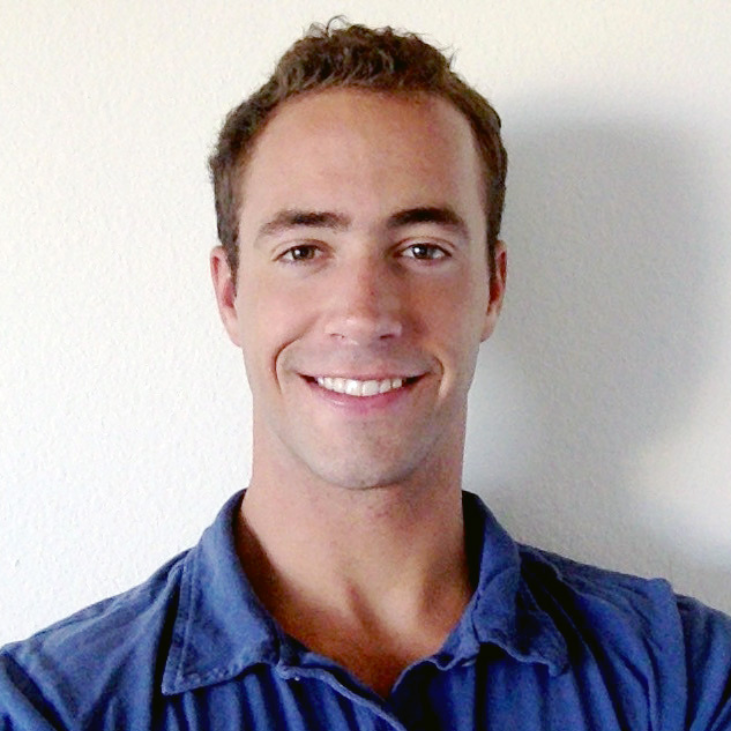Philip Rosenbaum Analyzes Data from the National Survey of Children’s Health to Understand Adverse Childhood Experiences in Georgia

Philip Rosenbaum was pursuing an Executive Master of Public Health degree with a concentration in Prevention Science at Emory University Rollins School of Public Health when he served as a Region IV PHTC Pathways to Practice Scholar in the summer of 2022. He chose to intern with IPRCE—the Injury Prevention Center at Emory—which works to “mitigate the staggering impact of injury in our community by using a data-driven and participatory approach to address the most significant injury concerns in Georgia and the Southeast region.”
During his field placement, Philip analyzed data from the National Survey on Children’s Health (NSCH) to develop a report describing the prevalence of adverse childhood experiences (ACEs) as well as the risk and protective factors of ACEs in the state of Georgia. He also updated data associated with cases of child abuse and neglect for the Preventing Adverse Childhood Experiences:Data to Action (PACE:D2A) project—an initiative to consolidate, summarize, and communicate data related to ACEs in Georgia.
According to Philip, the field placement allowed him to sharpen his skills in quantitative analysis and statistical programming while working with new groups of people.
“This was my first experience working with complex survey data. Learning about all the considerations to be taken was eye-opening. While the data is publicly available, it requires specific skills and understanding before someone can make any sense of it… While I still have a lot to learn about statistical methods and modeling, the introduction to using these skills in the professional context was inspiring.
Working with new groups of people is always a welcome challenge for me. The members of the PACE:D2A work extremely well together and were a pleasure to learn from…I was grateful for the opportunity to work with the PACE:D2A team and to the Region IV Pathways to Practice Scholarship for the support.”
